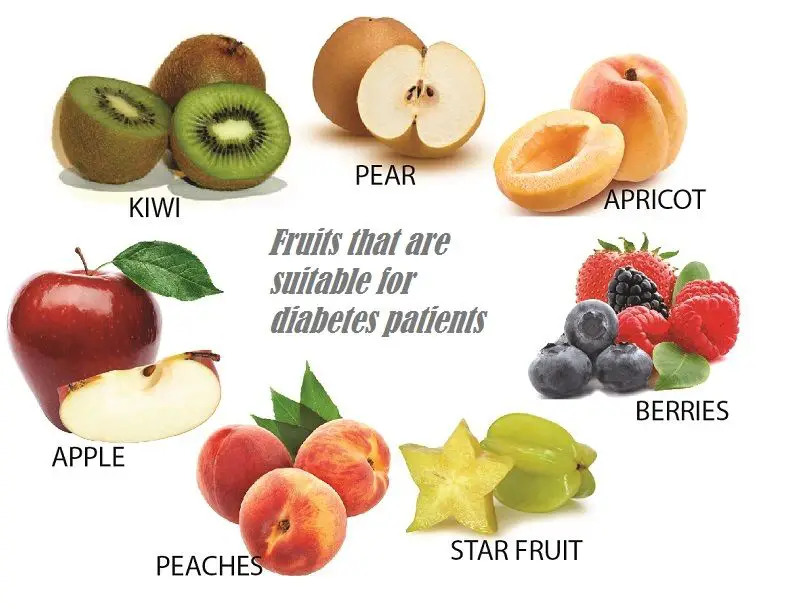Fruits bring many health benefits and come in a large variety of flavors, especially during warm weather when most types become ripe and juicy.
However, if you have diabetes, you should first learn about which fruits are high in sugar and which ones can fit into your diet.
Minerals, vitamins
All fruits are rich in vitamins and minerals, so avoiding them completely would be a mistake; however, some fruits are high in sugar and having too much of them can affect your glucose levels.
Basically, you can eat fruits as long as you choose the right ones. All fruits should be served fresh, so remember to avoid the ones that are canned in syrups or that contain added sugar.
When you want to taste something sweet and still manage your blood sugar level, making a list of the best and the worst fruits for diabetic people should help you eat healthier. Not all fruits are bad, you just have to learn what to avoid and what you can eat. Here’s some “bad” examples.

Fruits you can eat
Some fruits have low sugar contents and also contain beneficial nutrients or vitamins, and that makes them ideal for people with diabetes.
Avocado
Avocado, for example, is rich in vitamin K (which is good for your eyes), improves your circulation (good for your heart) and has a unique flavor which makes it ideal in salads, along with other fruits and vegetables. Ten avocados contain as much sugar as a single banana does, so you can eat them whenever you want to.
Limes and lemons
You can also try fruits that are sour, because that reflects in their diminished sugar content. For example, limes contain very little sugar and are good for skin care, weight loss and to improve your vision. If you like citrus, lemons are another good choice; even though they are more sugary than limes, they too can improve your digestion and add glow to your skin.
Cranberries
During the winter holidays, cranberries can make any dish look and taste more festive; they are one of the least sugary fruits with the added benefit that they can prevent cancer and urinary infections.
Some more ideas can be found here.
Even if fresh fruits should be an important part of your diet, there may be times when you don’t find the ones you like or when you are unsure of your blood sugar level, so you can easily replace sugar with alternatives like natural sweeteners.
It is also recommended to use test strips and check your glucose levels after eating different fruits to see how your body reacts to them.
Fruits to avoid
Dates
Even though dates are commonly known for their health benefits, they are very rich in sugar and that makes them inappropriate for people suffering from diabetes. If you suffer from that condition, you should exclude dates from your diet.
Grapes
Grapes contain nearly as much sugar as dates, but because they can lower your cholesterol level and prevent insulin resistance, they are usually allowed in your diet; however, you should only have them once in a while and make sure not to eat more than 10 red grapes a day.
Mango
Mango fruits are very rich in vitamin C, but they are also rich in sugar, so try avoiding them or at least eat them rarely.
Pomegranates
Pomegranates taste great and contain fibers, proteins and vitamin C; they also have medium sugar levels, which means they can fit into your diet plan as long as you don’t eat too much.
Bananas also contain vitamin C along with essential minerals such as magnesium and calcium. However, they have high sugar content and that means you shouldn’t eat more than one banana a day (if you haven’t eaten other fruits that day).









































